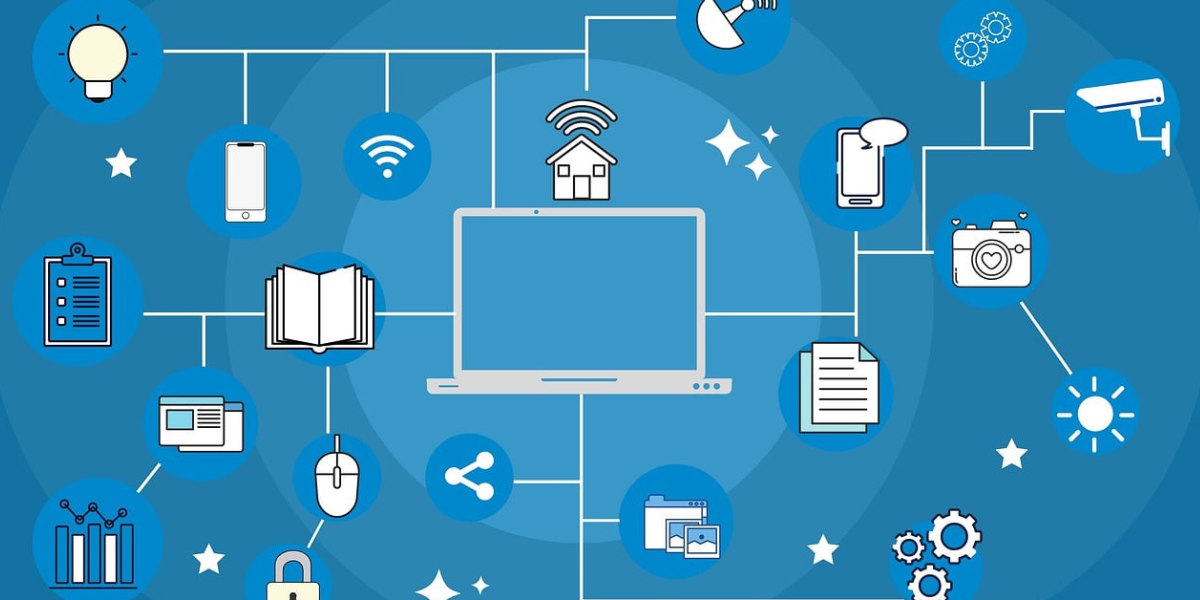In the current speedy moving world, where learning and headway are fundamental for individual and master improvement, Learning The leaders Structures Learning Management System LMS have emerged as necessary resources for work with tutoring and planning. These stages offer a consolidated place for assembling, conveying, and following learning materials and activities, disturbing how individuals and affiliations approach learning. Could we plunge further into the universe of Learning Management System, examining their components, benefits, execution systems, and future examples.
Key Features of LMS
- Content Management
LMS platforms provide robust content management tools that enable educators to create, upload, and organize learning materials. From lecture notes and presentations to multimedia resources and assessments, instructors can easily deliver rich and interactive content to their students.
- Communication Tools
Effective communication is essential for engaging students and fostering collaboration. Learning Management System LMS platforms offer various communication tools such as discussion forums, messaging systems, and announcement boards, allowing instructors to interact with students, answer questions, and facilitate peer-to-peer communication.
- Assessment and Feedback
Assessment is a critical component of the learning process, and Learning Management System platforms provide a range of assessment tools to evaluate student performance. From quizzes and assignments to exams and surveys, instructors can create customized assessments and provide timely feedback to help students improve their understanding and skills.
- Analytics and Reporting
LMS platforms offer robust analytics and reporting features that enable educators to track student progress, identify areas for improvement, and measure the effectiveness of their teaching strategies. By analyzing data such as student engagement, assessment scores, and course completion rates, instructors can make informed decisions to enhance the learning experience.
Types of Learning Management Systems
LMS can be set up considering sending models and approving decisions. Cloud-based LMS, worked with on external servers, offer flexibility and receptiveness, making them well known choices for affiliations, things being what they are. Of course, self-worked with LMS are presented and directed on-premises, providing more conspicuous control over data and customization. Additionally, LMS can be open-source, offering versatility and neighborhood, or prohibitive, giving selective components and support organizations.
Benefits of Using an Learning Management System LMS

- Flexibility and Accessibility
One of the key advantages of LMS platforms is their flexibility and accessibility. With online access to course materials and resources, students can learn anytime, anywhere, and on any device with an internet connection. This flexibility allows students to pace their learning according to their individual preferences and schedules.
- Personalized Learning Experience
LMS platforms support personalized learning experiences by allowing instructors to tailor course content and activities to meet the diverse needs of students. Whether through adaptive learning algorithms or customizable course modules, instructors can create personalized learning paths that cater to different learning styles, abilities, and interests.
- Collaboration and Engagement
LMS platforms facilitate collaboration and engagement among students through interactive features such as discussion forums, group projects, and collaborative assignments. By encouraging peer-to-peer interaction and knowledge sharing, LMS platforms create a dynamic learning environment that promotes active participation and collaboration.
- Efficiency and Productivity
By centralizing course materials, communication tools, and assessment activities in one platform, Learning Management System LMS platforms streamline the teaching process and enhance efficiency. Instructors can save time on administrative tasks such as grading and attendance tracking, allowing them to focus more on teaching and interacting with students.
Implementation of LMS
Successful implementation of an Learning Management System involves careful planning and execution. During the planning phase, organizations must define their learning objectives, target audience, and desired outcomes. Subsequently, selecting the right LMS that aligns with these requirements is crucial. Integration with existing systems, such as HR and CRM software, ensures seamless data exchange and enhances user experience. Furthermore, comprehensive training and support programs are essential to familiarize users with the LMS functionalities and address any challenges that may arise.
Challenges in Implementing LMS
Despite the numerous benefits, implementing an Learning Management System can pose several challenges. Resistance to change from stakeholders, including employees and management, may hinder adoption and usage. Technical issues such as compatibility issues and system downtime can disrupt learning activities and affect user satisfaction. Additionally, content creation and management can be daunting tasks, requiring time and resources to develop high-quality learning materials.
Best Practices for Maximizing LMS Effectiveness
To maximize the effectiveness of an LMS, organizations should adhere to best practices. Clear communication and comprehensive training programs are essential to ensure user buy-in and adoption. Regular updates and maintenance activities help keep the Learning Management System up-to-date and secure, addressing any performance issues promptly. Moreover, incorporating feedback mechanisms allows users to provide input and suggestions for improvement, enhancing overall user experience.
Future Trends in Learning Management System LMS

The future of LMS is promising, with several emerging trends reshaping the landscape of online learning. Artificial intelligence (AI) is revolutionizing personalized learning experiences, offering adaptive learning paths and targeted recommendations based on user behavior and performance. Mobile learning is gaining traction, enabling learners to access content on-the-go via smartphones and tablets. Furthermore, gamification techniques, such as badges and leaderboards, are being integrated into LMS to enhance learner engagement and motivation.
Cost-effectiveness and ROI
While implementing an Learning Management System LMS incurs initial costs, the long-term benefits often outweigh the investment. By transitioning from traditional classroom-based instruction to online learning, institutions can reduce expenses associated with facilities, travel, and materials. Moreover, the scalability and efficiency gains offered by LMS platforms result in significant returns on investment over time.
Case studies and success stories
Numerous institutions worldwide have successfully implemented Learning Management System platforms to enhance education delivery and improve outcomes. From K-12 schools to higher education institutions and corporate training programs, the benefits of LMS adoption are evident. Case studies and success stories serve as inspiration for organizations considering LMS implementation, highlighting the tangible results achieved.
Conclusion
In conclusion, Learning Management Systems have become indispensable tools for facilitating education and training in various settings. With their robust features, flexibility, and scalability, LMS offer unparalleled opportunities for individuals and organizations to enhance their learning experiences and achieve their goals. As technology continues to evolve, the future of LMS looks promising, with advancements such as AI and mobile learning set to further revolutionize the way we learn and grow

